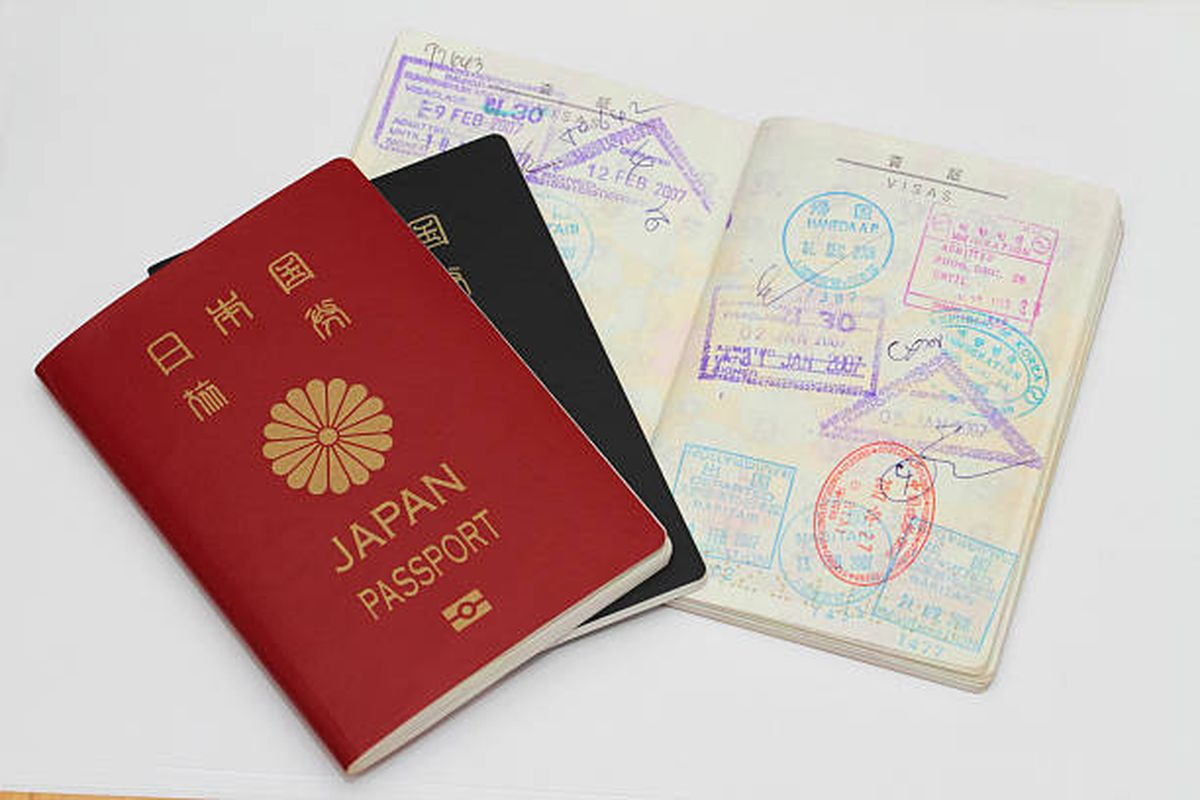A Surprising Number in a Hyper-Connected World
When news broke that only seventeen percent of Japanese nationals possess a valid passport, global observers were stunned. Japan is the world’s third-largest economy, boasts some of the best infrastructure on Earth, and enjoys visa-free access to more countries than almost any other nation. Why, then, do so few Japanese actually apply for this potent little booklet? The answer lies in a blend of culture, geography, economics, and workplace customs unique to the archipelago.
Island Geography and a Self-Contained Paradise
Japan’s insular geography has shaped its mindset for centuries. Surrounded by water and blessed with four distinct seasons, the nation offers an astonishing range of domestic destinations—from powder-snow Hokkaido to tropical Okinawa. When you can ski in the morning and soak in an ocean‐view onsen by sunset, the urge to fly abroad diminishes. Domestic airlines run frequent, low-cost routes, while the Shinkansen network stitches the whole country together at bullet speed. As many travel bloggers note, “Japan is a vacation all by itself.”
Work Culture: Vacation Days You Can’t Take
Japanese employees are legally entitled to paid leave, yet surveys reveal that average workers use barely half of their allotted days. Long-hours culture, loyalty norms, and the fear of burdening co-workers make extended overseas vacations feel impractical. A passport seems unnecessary if there is no realistic window to use it. In contrast, a quick weekend in Kyoto or Fukuoka requires no awkward two-week absence nor an international itinerary.
Pocket Economics: Cost, Convenience, and Priorities
Although Japan is affluent, living costs in major cities are famously high. Mortgage payments, tuition, and daily expenses can crowd out discretionary spending. An international trip, especially one that includes family members, stretches budgets. Meanwhile, local government fees for a 10-year passport hover around ¥16,000—a relatively minor sum, yet psychologically significant if the passport might sit idle. Many households, therefore, postpone the application until a concrete plan emerges, such as a honeymoon or business assignment.
English Proficiency and the Comfort-Zone Effect
Japan consistently ranks lower than its OECD peers in English-language proficiency exams. While young people are improving, language anxiety still hampers outbound travel. Navigating a foreign city without kanji signage or Japanese customer service feels daunting to many. Domestically, signage, menus, and transportation operate in familiar scripts and customs, reinforcing the comfort-zone preference.
Safety at Home and Perceived Risks Abroad
Japan is one of the world’s safest countries, with ultra-low crime rates and reliable healthcare. Media coverage of political unrest or health scares abroad can therefore appear magnified against Japan’s own backdrop of stability. Some citizens question why they should trade guaranteed safety for unknown variables. The result is a subconscious bias: “Abroad equals risky, domestic equals reliable,” further dulling passport demand.
The Rise of Digital and Vicarious Travel
Streaming services, 4K TV specials, and social media feeds deliver virtual globetrotting experiences without packing a suitcase. Japanese consumers can “visit” Parisian cafés via YouTube, watch Machu Picchu drone tours on Netflix, or order Thai curry from an app—all in one evening. This digital buffet satisfies curiosity while lowering the urgency to cross borders physically.
Changing Winds: Youth Ambition and Remote Work
Despite the 17-percent statistic, winds of change are blowing. Universities emphasize international exchange; remote work policies born from the pandemic have loosened office chains; budget airlines court Gen Z with flash sales. Travel influencers, bilingual content creators, and startup founders are championing an outward-looking lifestyle. Passport agencies in Tokyo and Osaka report a measurable uptick in applications linked to work-from-anywhere visas and digital-nomad trends.
Government Initiatives to Boost Outbound Travel
Recognizing the economic and cultural value of global exposure, Japan’s Ministry of Land, Infrastructure, Transport and Tourism has launched campaigns encouraging citizens to “Experience the World, Bring Insights Home.” Subsidized study-abroad scholarships, simplified group-tour procedures for senior citizens, and airport tax discounts for first-time passport holders aim to push the percentage upward. Airlines and tour operators have joined the chorus with package deals tailored to Japanese dietary needs and bilingual support.
Conclusion: A Passport to Possibilities—If You Choose to Use It
That only 17 percent of Japanese citizens own a passport is less a matter of indifference and more a reflection of how self-sufficient and internally rewarding life in Japan can be. Combine world-class domestic tourism, intense work obligations, and cultural comfort zones, and the passport naturally becomes an optional accessory rather than a necessity. Yet the narrative is evolving. Younger generations, flexible work arrangements, and government incentives are slowly rewriting Japan’s travel equation. Whether the ownership rate will soar remains to be seen, but one truth stands firm: when Japanese citizens do decide to step beyond their shores, they bring with them a meticulous eye for quality and an insatiable curiosity—assets bound to enrich both host countries and Japan itself.
